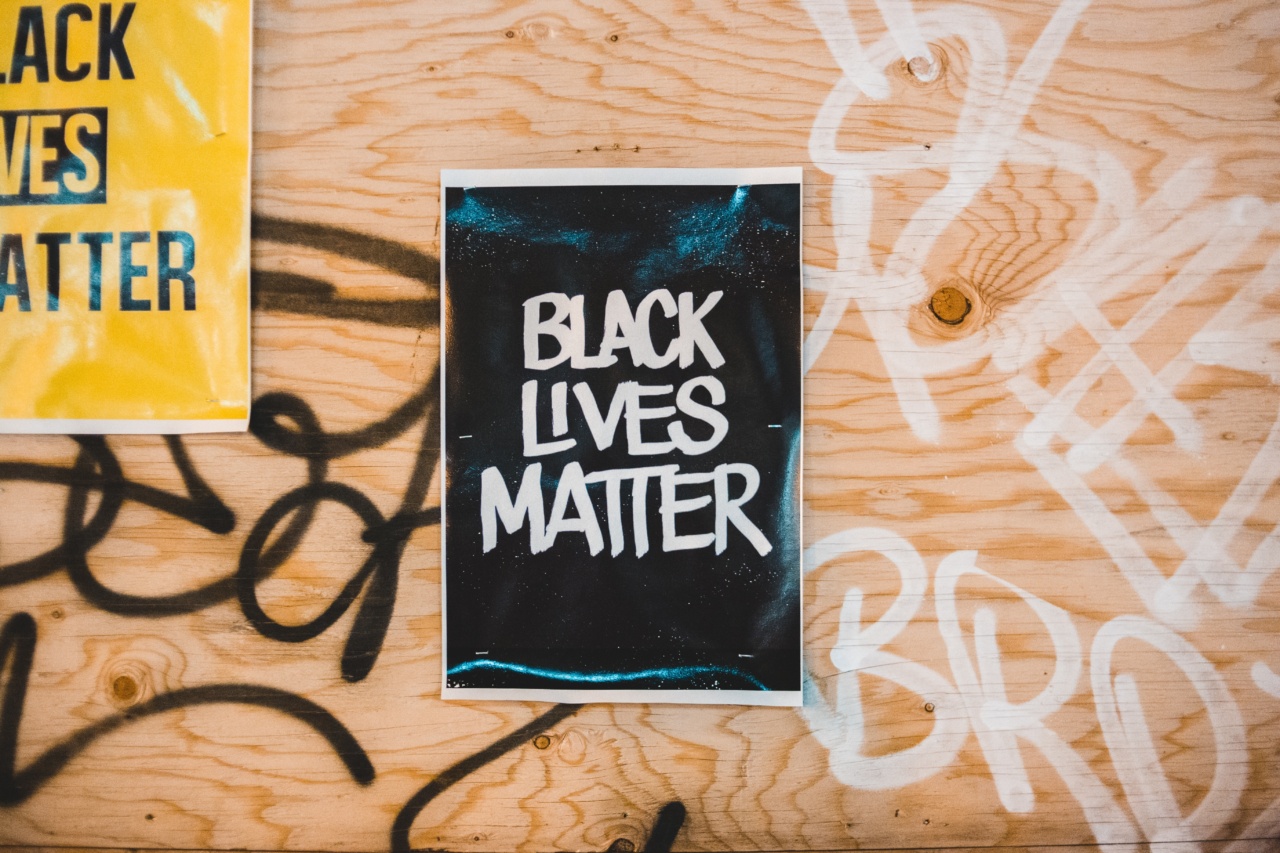Depression, often referred to as the silent epidemic of the modern world, affects millions of individuals worldwide.
It is a debilitating mental illness that not only impacts the person suffering but also has far-reaching effects on their relationships, work, and daily life. Yet, many individuals fail to acknowledge their depression, leading to a worsening of symptoms and an even greater struggle to find relief.
Understanding Depression
Depression is more than just feeling sad or going through a difficult phase in life. It is a mental health disorder characterized by persistent feelings of sadness, hopelessness, loss of interest, and a lack of motivation.
It affects the way individuals think, feel, and function on a daily basis.
The Mask of a Smile
One of the most significant challenges in recognizing unacknowledged depression is the ability of individuals to hide their pain behind a mask of a smile.
They may seem perfectly fine on the outside, laughing and engaging in daily activities, while internally battling a storm of emotions.
Oftentimes, individuals with unacknowledged depression are masters at concealing their true feelings. They may fear being judged, stigmatized, or isolated if they open up about their struggles.
As a result, they put on a brave face and carry on with their lives, battling their inner demons in isolation.
Warning Signs of Unacknowledged Depression
While it may be challenging to spot someone with unacknowledged depression, there are several warning signs that can serve as indicators. Here are 10 signs to watch out for:.
1. Persistent Sadness
Feeling sad almost every day, without any apparent reason, could be a sign of unacknowledged depression. This sadness may also be accompanied by feelings of emptiness or hopelessness.
2. Loss of Interest
Individuals with unacknowledged depression may lose interest in activities they once enjoyed. They may no longer find pleasure in hobbies, socializing, or even spending time with loved ones.
3. Changes in Appetite
Depression can cause significant changes in appetite. Some individuals may experience a decrease in appetite, leading to weight loss, while others may turn to food as a coping mechanism, resulting in weight gain.
4. Sleep Disturbances
Insomnia or oversleeping can both be indicative of unacknowledged depression.
Some individuals may struggle to fall asleep or stay asleep, while others may find it difficult to get out of bed in the morning, feeling exhausted despite long hours of sleep.
5. Fatigue and Lack of Energy
Depression can drain individuals of their energy, making even simple tasks feel exhausting and overwhelming. Persistent fatigue, regardless of adequate rest, is a common symptom of unacknowledged depression.
6. Difficulty Concentrating
Depression can impair cognitive functions such as concentration and memory. Individuals may find it challenging to focus on tasks, retain information, or make decisions.
7. Irritability and Anger
Unacknowledged depression can manifest as irritability and frequent outbursts of anger. Individuals may find themselves easily agitated or experiencing unexplained anger towards themselves or others.
8. Physical Symptoms
Depression is not just limited to emotional and cognitive symptoms; it can also manifest in physical ways. Unexplained headaches, stomachaches, back pain, or other unexplained physical symptoms may be signs of underlying depression.
9. Social Withdrawal
Individuals with unacknowledged depression often isolate themselves from social interactions. They may avoid friends, cancel plans, or decline invitations.
Social withdrawal often exacerbates feelings of loneliness and contributes to a cycle of worsening depression.
10. Thoughts of Death or Suicide
Perhaps one of the most alarming signs of unacknowledged depression is the presence of thoughts of death or suicide. These thoughts should never be taken lightly and require immediate attention and intervention.
Seeking Help for Unacknowledged Depression
Recognizing the warning signs of unacknowledged depression is only the first step. Encouraging individuals to seek help and providing them with the support they need is crucial for their well-being.
The stigma surrounding mental health needs to be broken, and individuals must feel safe and comfortable in reaching out for assistance.
There are several avenues for seeking help, including therapy, counseling, support groups, and medication. Trained professionals can guide individuals through their journey toward healing and recovery.
Conclusion
Unacknowledged depression is a hidden pain that affects countless individuals worldwide. By recognizing the warning signs and encouraging individuals to seek help, we can provide them with the support they desperately need.
Mental health should be prioritized, and no one should have to suffer in silence.






























